Our friends at law firm Semenov&Pevzner have put together an exhaustive overview of the most significant legal disputes that have impacted the video games industry since late 2019.
This overview covers both notable lawsuits and other impactful cases which have profoundly affected the industry without having made it to the courtroom.
The report was prepared by Alexey Pereverzev, Junior lawyer at Semenov&Pevzner, and Ekaterina Smirnova, Managing Partner at Semenov&Pevzner St Petersburg Office.

Alexey Pereverzev and Ekaterina Smirnova
This is Part One of Two. It will deal with copyright disputes.
To learn about trademarks, image rights, personal data, gambling mechanics, and other notable cases, check out Part Two.
Copyright
A modern video game is a complex multimedia product that comprises multiple pieces of intellectual property, such as software, music, graphic interface, characters and script. All of these objects are copyright works in their own right. It is not surprising, therefore, that there sometimes surface authors and other right holders’ claims of unlawful use of the fruits of their creative labor. Nor is it rare that the video game proper — or its integral parts — are used without the right holder’s consent and in breach of the user agreement.
Take-Two against an independent developer: Red Dead Redemption copyright breach
In December 2019, Take-Two Interactive, the publisher of the popular Red Dead Redemption series, filed a lawsuit with the Southern District of New York against developer Jonathan Wyckoff. The publisher sought a ban on the developer’s unlawful modification of Take-Two’s games. In the lawsuit, Take-Two Interactive claimed that Wyckoff had created and intended to release two versions of Red Dead Redemption games, modified without the right holder’s consent.
The first of Wyckoff’s projects, titled RDRII Project, imported the game map from the first part of the Red Dead Redemption series, previously available on Xbox360 and PS3 only, into the PC version of RDR II. The publisher never released the first Red Dead Redemption game for PC.
The second of Wyckoff’s projects was titled Red Dead Redemption Damned Enhancement Project and was supposed to improve the graphics of the second installment of the series and to enhance it with additional functions through the use of modified files from the first game, as well as from GTA V.
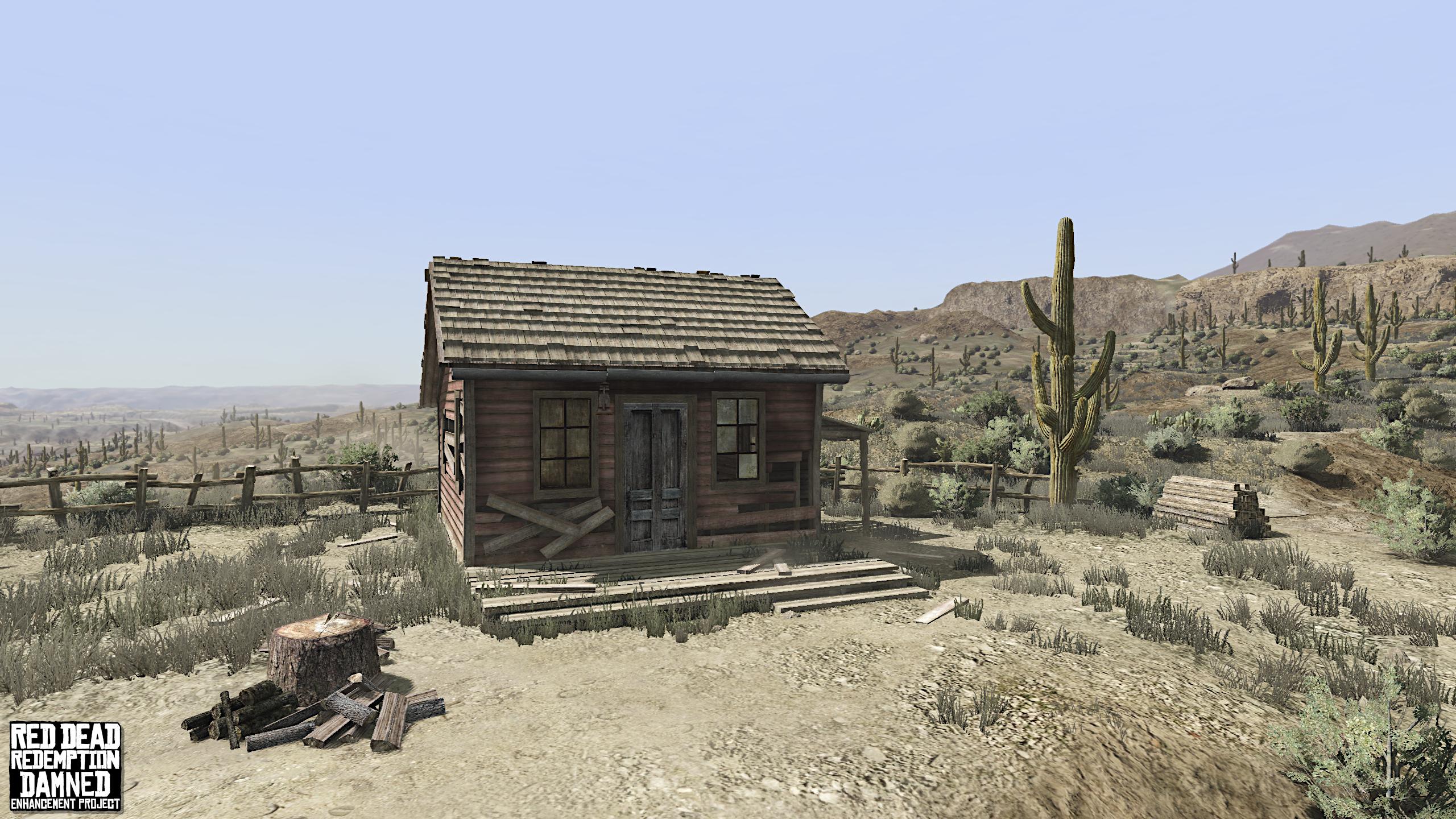
Red Dead Redemption Damned Enhancement Project
According to the case files, the developer insists that his actions are permissible, and that he disabled the modifications for the multiplayer version of the games. Take-Two disagrees, claiming that users can work around Wyckoff’s restrictions and use the modifications in multiplayer mode.
In March 2020, Wyckoff lodged his defence papers, where he justifies his actions by reference to the plaintiff’s published policy with respect to ‘PC Single-Player Mods’, and denies that it is easy to circumvent the restrictions imposed by the developer. Finally, Wyckoff denied any liability for other players’ alleged modifications.
Take-Two Interactive countered Wyckoff’s arguments by emphasizing that a modification must be non-commercial in nature in order to be compliant with the publisher’s policy — and Wyckoff had allegedly collected donations to finance the creation of ‘infringing programs’.
An initial pretrial conference originally scheduled for April 17, 2020 has been cancelled, but the litigation continues.
Nintendo against RomUniverse.com
In September 2019, the Central District Court of Los Angeles registered Nintendo’s lawsuit against the owner of RomUniverse, a web portal that offers downloads of a library of content, including video games.
Nintendo suggested that the website was one of the most visited and notorious platforms offering downloads of pirated copies of Nintendo video games, and asked the court to award damages of up to 150,000 US dollars per infringement of each video game and up to 2,000,000 US dollars per trademark infringement.
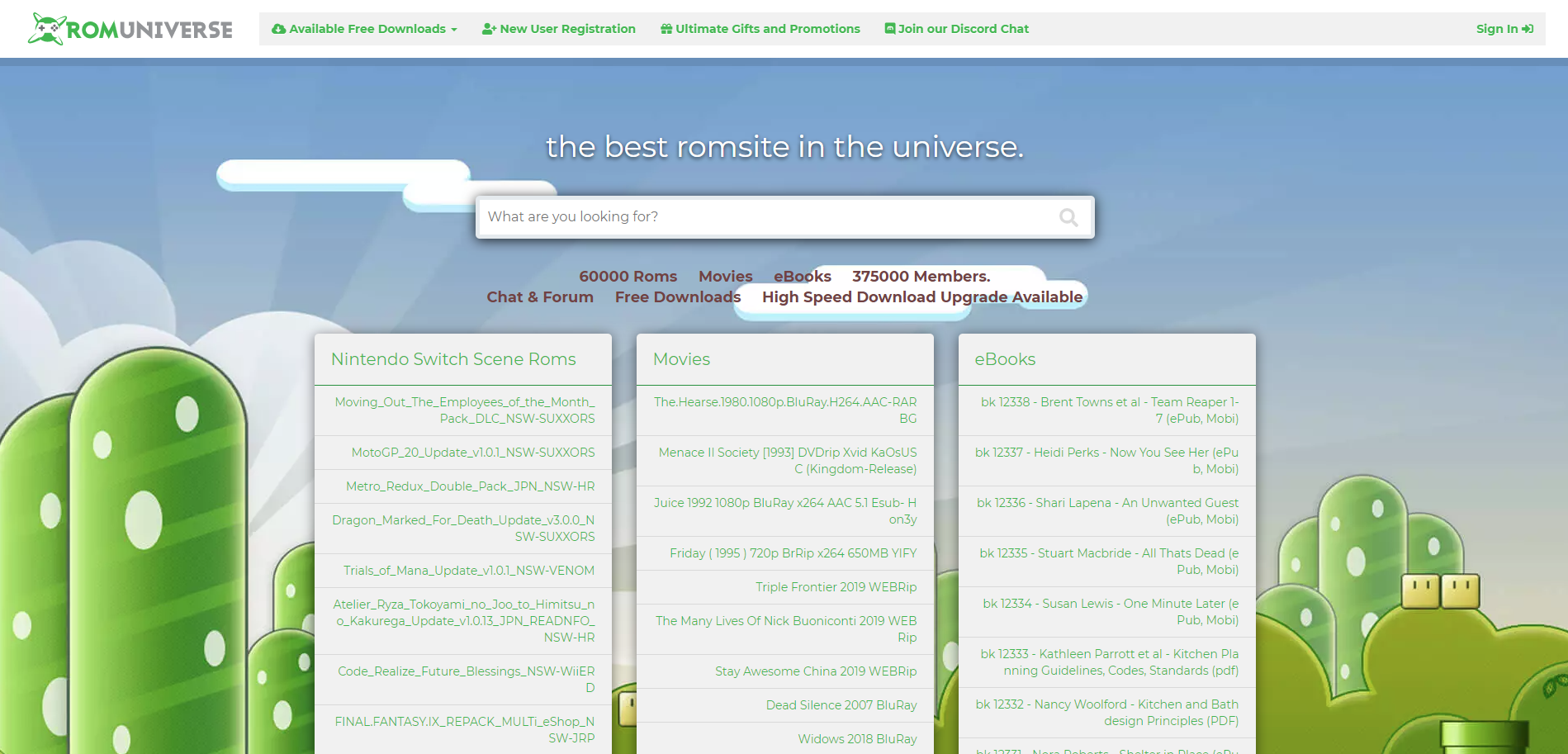
The website is owned and operated by Matthew Storman, a Los Angeles resident who resisted Nintendo’s allegations and petitioned the court to dismiss the claim. The court, however, sided with Nintendo and directed Storman to file his defense.
Storman’s defense reads that he is unaware of any unauthorized content uploaded to the website, and denies both liability for third-party content and the fact that Storman profited from the distribution of the games. On March 6th, 2020 Nintendo formally replied to Storman’s defense by entirely rejecting his arguments. Litigation continues.
Nintendo against California resident: unauthorized distribution of games and sale of illicitly modified Nintendo Switch devices
In December 2018, Nintendo took Sergio Mojarro Moreno, a California resident, to the Central District Court of the state, alleging Moreno’s involvement in the sale of Nintendo Switch mod devices engineered by the infamous hacking group Team-Xecuter and enabling the launch of counterfeit copies of video games on the consoles, as well as memory cards with pirated copies of Nintendo games, plus a modified version of the NES Classic.
In September 2019, it transpired that the dispute had been settled, and there emerged the court’s ruling that restrained Moreno and anyone acting in concert with him from circumventing, offering services, and/or offering technologies, devices or components that circumvent Nintendo’s technical protection measures. Moreno is also prohibited from selling, renting, offering or distributing unauthorized copies of Nintendo’s copyrighted works, infringing its trademarks, or using the Internet “or any digital network” to render services to the public that enable copyright infringement of Nintendo’s works.
Nintendo ending a Kickstarter campaign
Nintendo representatives announced that a Kickstarter fundraising campaign was employing unauthorized images and characters from its Animal Crossing series. The person behind the campaign, the founder of the New Adventures Passport Travel Holder project, intended to crowd-fund the manufacture of RFID-secure passport covers and luggage tags featuring the images from Animal Crossing.

New Adventures Passport Travel Holder
Citing the Digital Millennium Copyright Act, Nintendo notified Kickstarter of the copyright infringement, and the campaign was discontinued soon after.
Rockstar against developers behind the Epsilon cheat for GTA V
Across the video games industry, publishers are increasingly using copyright protection tools to fight the developers of cheats, i.e. enhancements that give users advantages that were not intended by the publishers.
At the same time, it is not always clear whether cheat development and use infringe the right holder’s copyright in the original game — and whether the matter lies in the realm of copyright protection at all.
Rockstar, being a major developer and publisher of the famous GTA series, and its parent company Take-Two Interactive took the developers of the Epsilon cheat mod for GTA V to the UK Intellectual Property and Enterprise Court. The cheat offered the users a so-called mod menu, that afforded substantial advantages Rockstar had not designed for.
Epsilon mod menu in GTA V Online
Rockstar and Take-Two Interactive succeeded in disabling Epsilon. Besides, thanks to the investigation that ensued, there was discovered a five-strong group behind the cheat mod. Each of its members was accused of copyright infringement by creating and distributing software that enabled unauthorized modifications of the gameplay.
Three of the five developers settled the dispute, and the other two pleaded not guilty, citing the disclaimer of liability they had added to their software and pointing out that many of the building blocks used to create the cheat had been sourced from third parties, including the well-known cheat platform that offers, among other things, the source code of GTA V.
On January 29, 2020, the court sided with Rockstar and Take Two Interactive, confirming that their copyright in the game had been infringed.
Tattoo parlour Solid Oak Sketches and rights to LeBron James’s tattoos
In February, 2016 the tattoo parlor Solid Oak Sketches alleged unauthorized use of tattoos of LeBron James, the basketball player.
The parlor’s lawyers insisted that NBA 2K developers, 2K Sports, should have obtained Solid Oak’s consent before using the images in the game. After the lawsuit was first filed on February 2, 2016 with the U.S. District Court — Southern District of New York the parties exchanged multiple claims, and the dispute has now finally been settled.
To recap, 2K Sports had sought to rely on the de minimis principle, based on which the mere featuring of standalone photographs in movie scenes does not amount to the infringement of photographer’s copyright as long as they are immaterial for the overall plot. The developer’s lawyers insisted that the tattoos rarely made it onto the screen, and were only used to identify the basketball player.
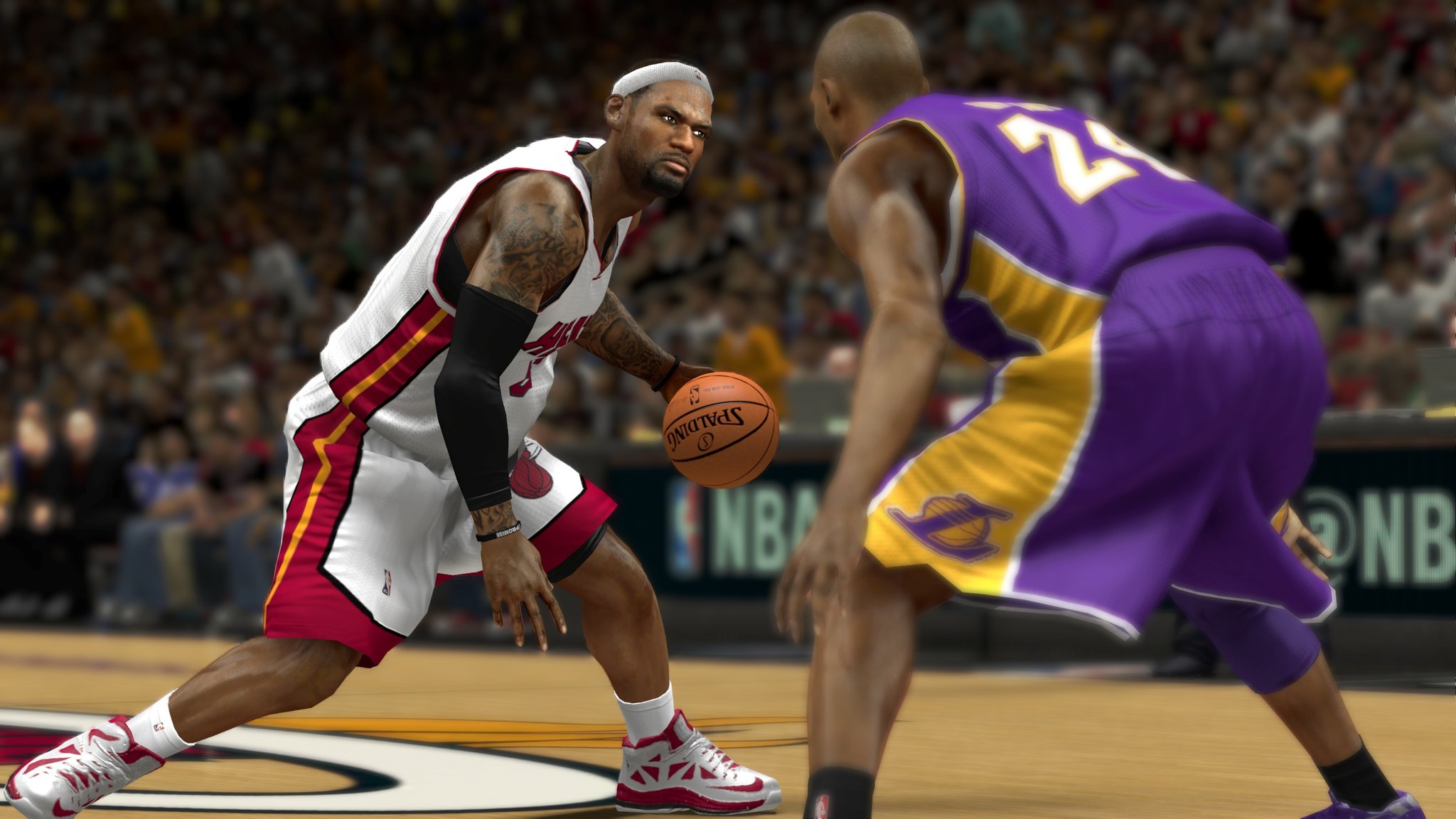
LeBron James in NBA 2K14
LeBron himself publicly sided with the game developers on a number of occasions, saying that the tattoos are a part of his body and likeness: ‘My understanding is that [my] tattoos are a part of my body and my likeness, and I have the right to have my tattoos visible when people or companies depict what I look like’.
2K’s motion to dismiss Solid Oak’s claims and decide in the studio’s favor was denied on March 30, 2018. The judge noted that the concept of an “average lay observer”, often employed to determine similarities between a copy and the copyrighted work, was unavailable in video game context, and that the argument about the insignificance of the tattoos would not, therefore, assist. The question of whether de minimis principle is available may be revisited at a later stage.
In March 2020, the court sided with the player and the game developers and agreed that the use of tattoos was minimal and hardly identifiable in the course of the game, and an implied license to use the images had been obtained. It is not open to the developers to pursue a fair use counterclaim, whereby the tattoos may be used in the games under certain circumstances.
Epic Games and Fortnite dance
At the end of 2019, Epic Games filed a lawsuit against Matt Geiler and his consulting firm Sick Picnic Media in response to an earlier demand to stop using the emotion titled ‘Pump It Up’ in Fortnite, the popular game by Epic Games. The publisher claimed that Fortnite did not infringe copyright in the Dancing Pumpkin Man character, while Geiler maintained that Epic Games had based Fortnite’s pumpkin-head character and the Halloween emotion on the dance and image taken from the 2006 Dancing Pumpkin Man video.
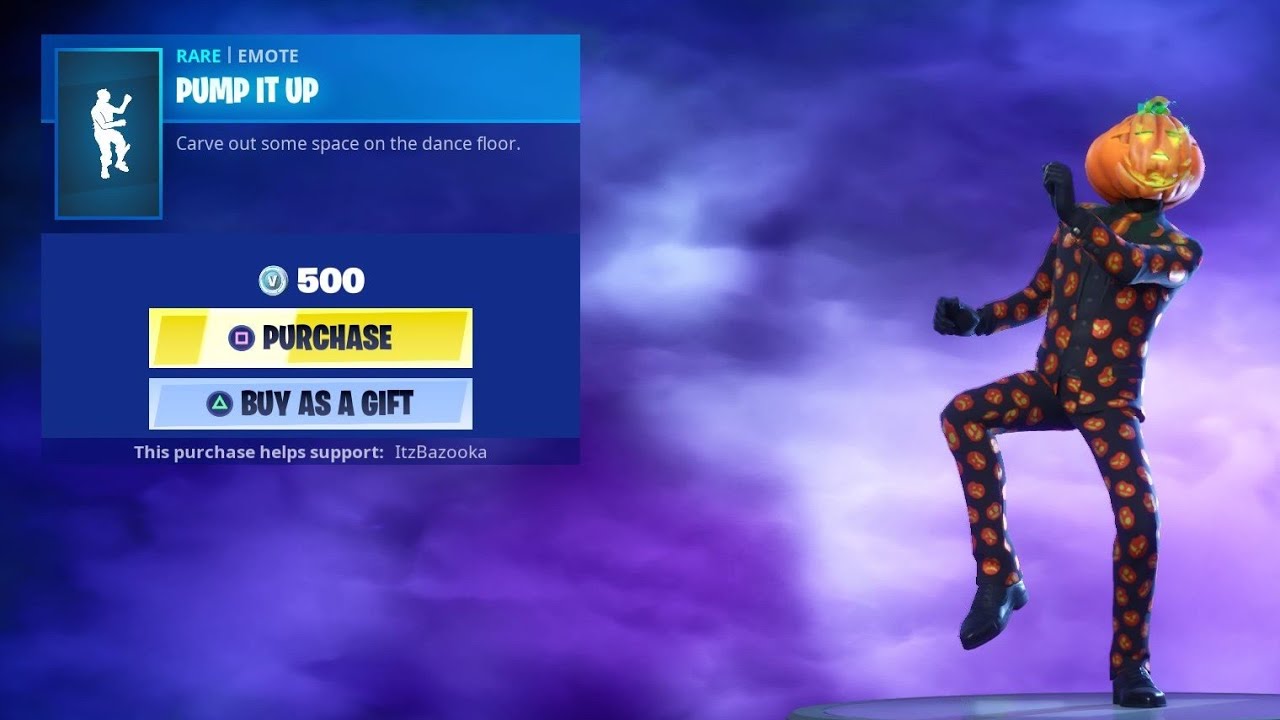
Fortnite’s Pump It Up emote
According to Epic Games, Fortnite uses similar moves that fall short of a copy of the image and dance owned by Geiler — furthermore, the defendants had granted Epic Games, on August 23, 2019, a license to use the video and all of its components, including the character proper and the choreography of Geiler’s dance. The subject matter of the license agreement, Epic Games said, was the use of the audio-visual work, as depicted in the 2006 video, in Fortnite. According to the plaintiff, the image of a pumpkin-head character was a popular culture staple, and as such it could not be owned by Geiler.
Epic Games withdrew the lawsuit in early January, 2020.
A three-years’ feud of Crytek and Cloud Imperium Games
The dispute between Crytek and Cloud Imperium Games began in 2017. Crytek asserted that Cloud Imperium Games had used CryEngine, a Crytek-created engine, when making the standalone campaign Squadron 42 — even though the use had only been authorized for the Star Citizen video game.
As the release of Squadron 42 never came about, in January, 2020 Crytek agreed to withdraw its lawsuit. However, Cloud Imperium Games was not satisfied with Crytek’s not paying its legal costs – furthermore, the defendant claimed that Squadron 42 actually utilized Amazon’s engine Lumberyard. Cloud Imperium Games demanded a compensation in the amount of 500,000 US dollar on top of the the withdrawal of the lawsuit.
It transpired on February 20, 2020 that the dispute has been settled for an undisclosed amount.
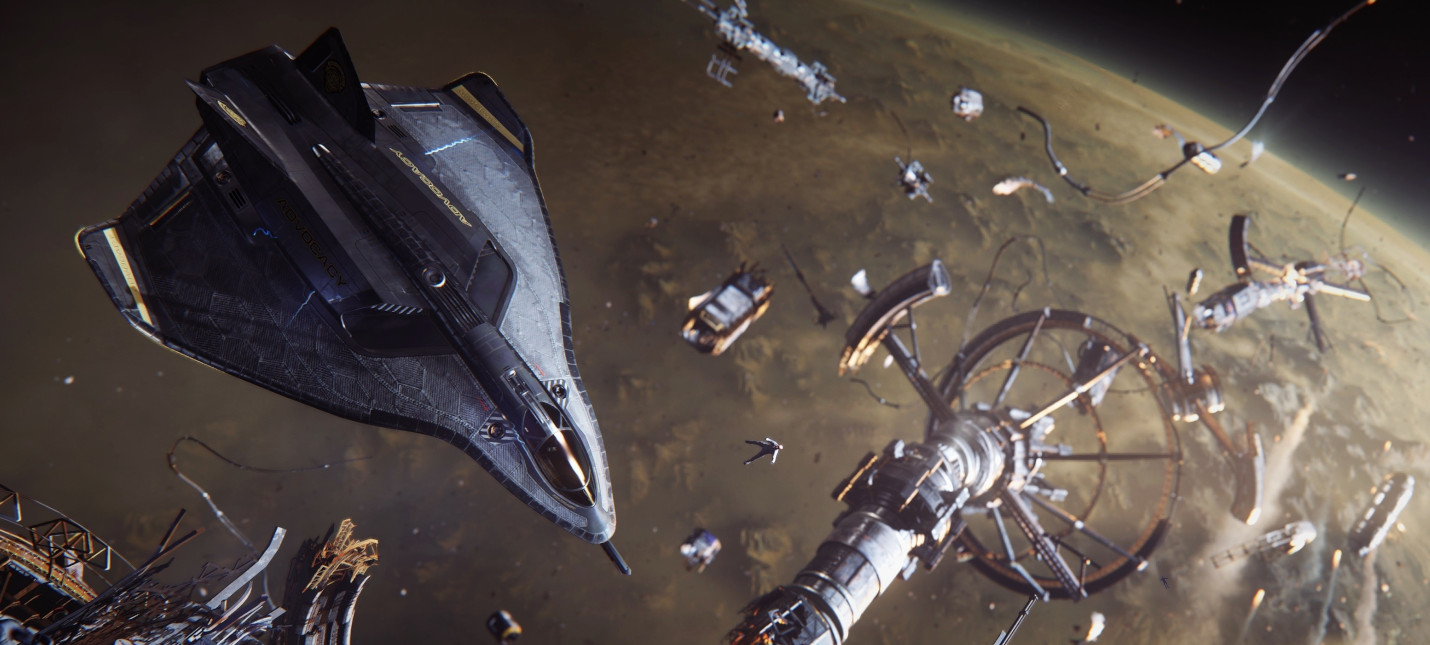
Squadron 42
Rambler against Igor Sysoyev (Nginx)
On December 12, 2019, Rambler Group asserted its copyright in the software Nginx. According to Rambler’s representatives, the software was developed by the former employees of the company who made use of the company’s resources. This claim followed the news of a criminal investigation initiated by Lynwood Investments, a company that had taken the assignment of the right of claim from Rambler Group.
According to Igor Sysoyev, former system administrator at Rambler, software development did not form part of his job duties. He claims that he developed his own product outside working hours, and the use of Nginx was adopted by Rambler when the core functionality was ready. Sysoyev says that at the time Rambler was definitely not the first user of Nginx.
The case has been widely publicized, and the actions of Rambler Group attracted stark criticism, as they were interpreted as an attempt to appropriate rights in a popular and commercially successful product after the web service was acquired by F5 Networks for 670 million US dollars. Importantly, the right to use Nginx was originally granted by Sysoyev in accordance with the free BSD license; and Rambler’s actions were met with hostility of those on guard of the free distribution of open-source technology.
At the end, Rambler Group asked to recall the criminal investigation and announced its intention to move the dispute to the civil jurisdiction. However, latest publicly available information (which dates back to February, 2020) suggests that the investigation continues: as experts pointed out back in December, 2019, for an allegation like Rambler’s a mere recall of complaint does not suffice to shut down the investigation.
In April 2020, it transpired that the State Prosecution Office invited investigation authorities to discontinue the proceedings. To date, no decision has been made. Investigation continues.
Blizzard and copyright in the maps created in Warcraft III: Reforged
In January 2020, Blizzard made changes to its Custom Game Acceptable Use Policy: according to the new terms, all rights in maps created by players in map editors automatically vest in Blizzard, and there will be no compensation from Blizzard to the author of the map even if the developer goes on to use the map in the game. Blizzard also reserved the right to delete any map without notice.
It has been speculated that by introducing the changes Blizzard was trying to put safeguards in place so as to avoid the mistakes learned from the case of Defense of the Ancients, or DotA, that was originally created as a mod map to Warcraft III. Copyright in DotA was later acquired by Valve from mod map developers, and used to create the popular Dota 2 game.
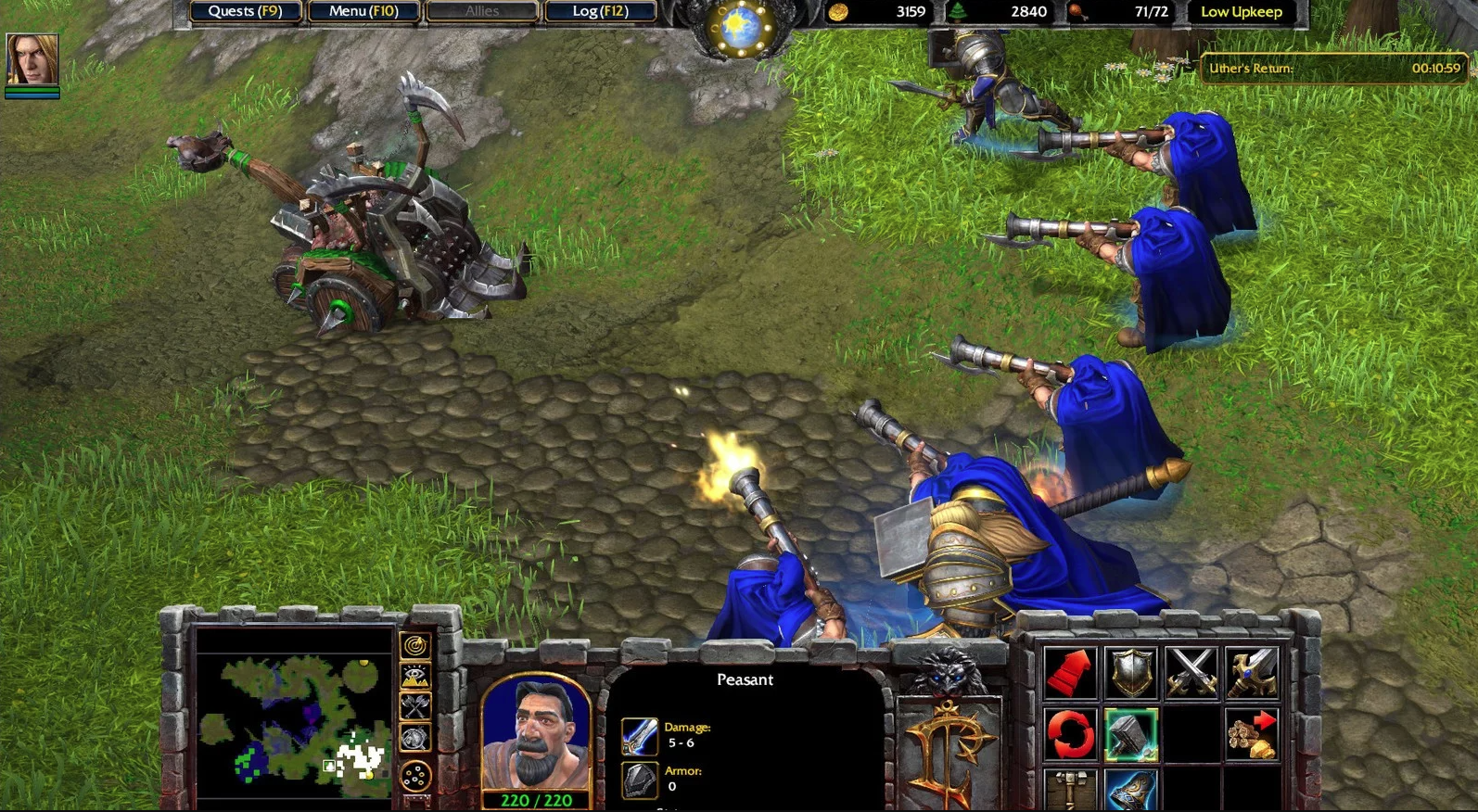
Warcraft III: Reforged
Wargaming against former staff members: DAVA Framework/DAVA Engine controversy
In December 2019, Wargaming released a statement according to which its former workers had made counterfeit copies of the source code of the DAVA engine available on GitHub while they were still employed by Wargaming’s own Game Stream studio in Minsk. According to the statement, the former employees ‘created forks from these copies to personal accounts on GitHub’ and from 2016 added links to the open BSD3 license to the forks.
According to publicly available data, Wargaming proceeded to file civil claims against five former staff members, demanding compensation to the tune of 1,7 million US dollars in aggregate. A hearing was scheduled for April of 2020.
To be continued in Part Two.

